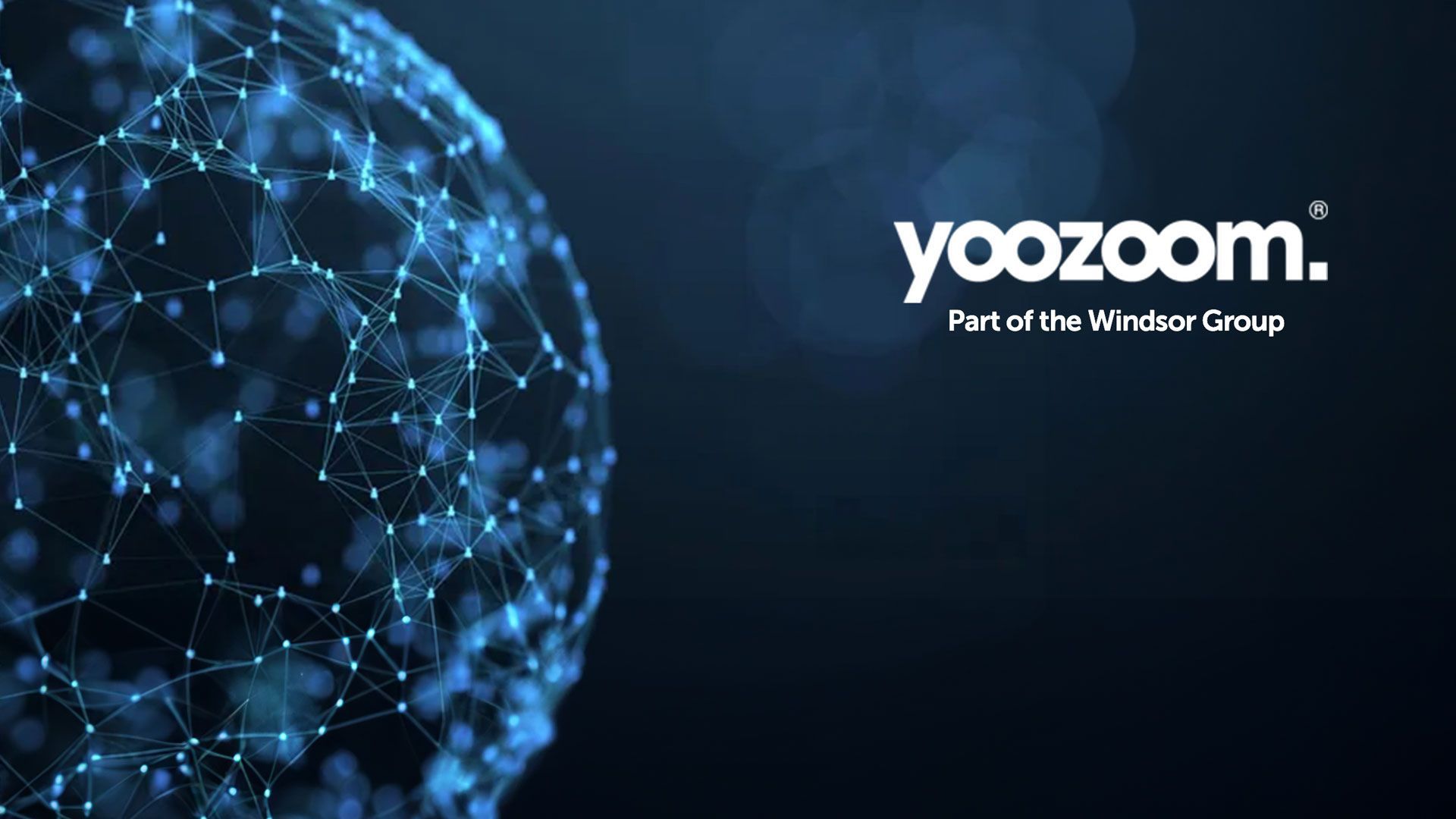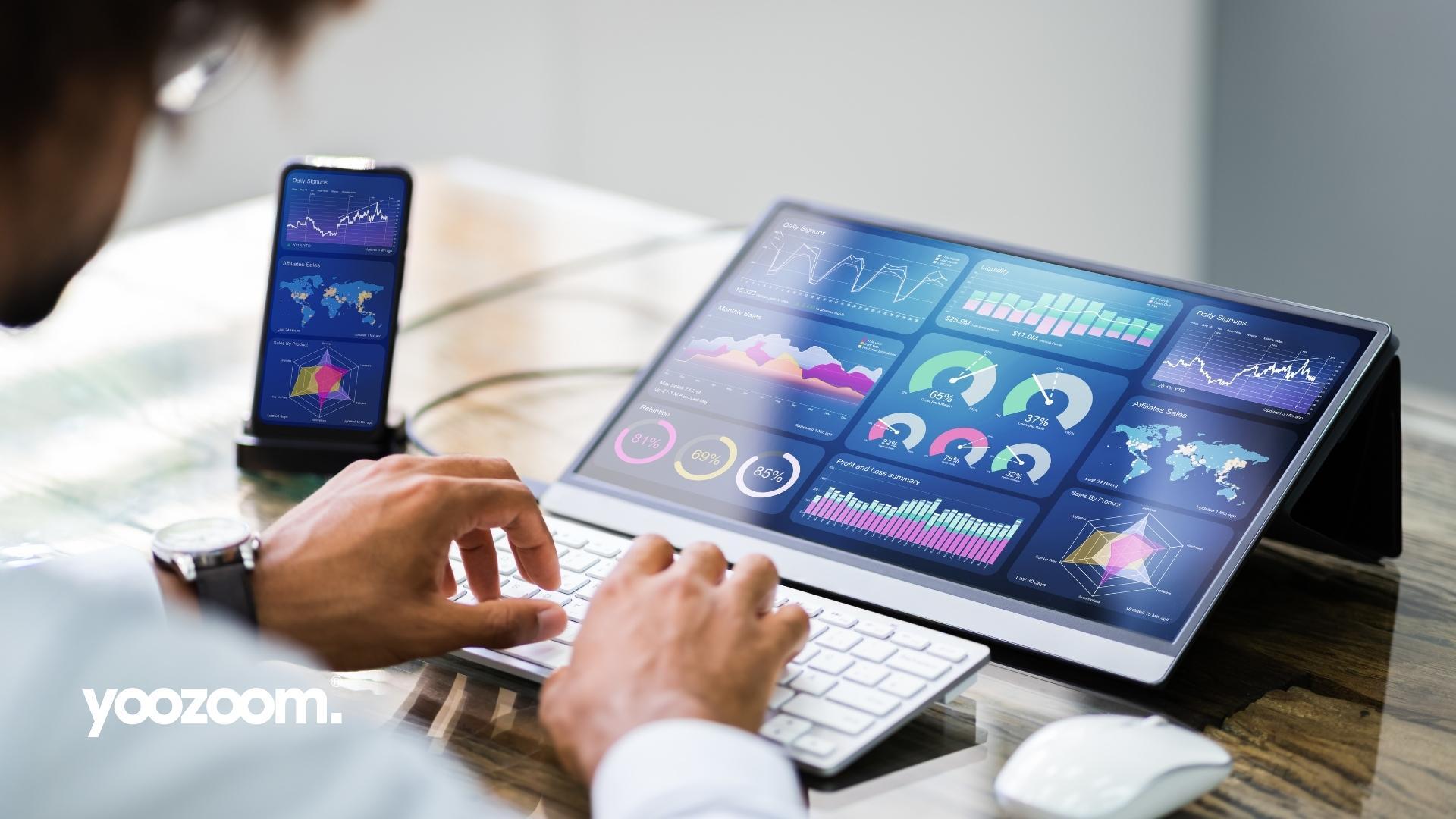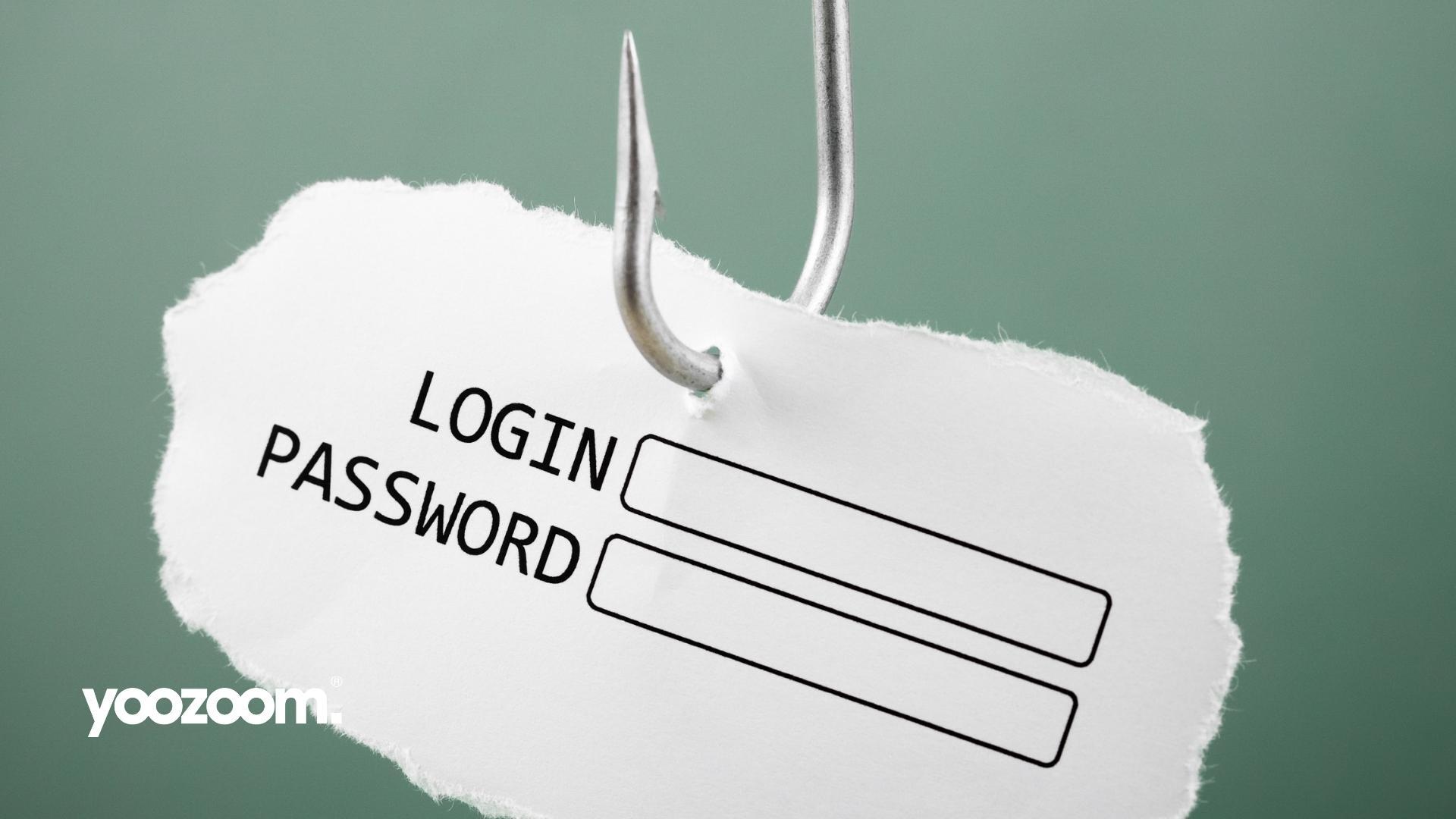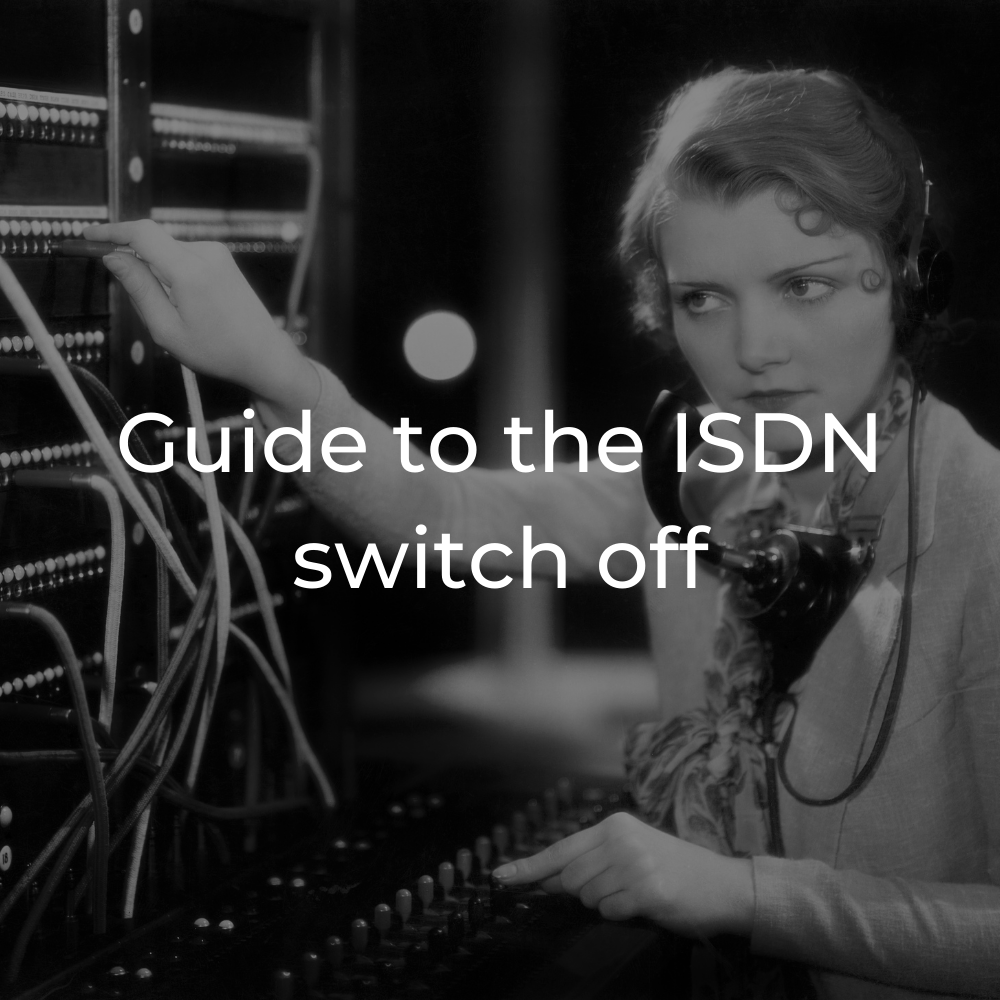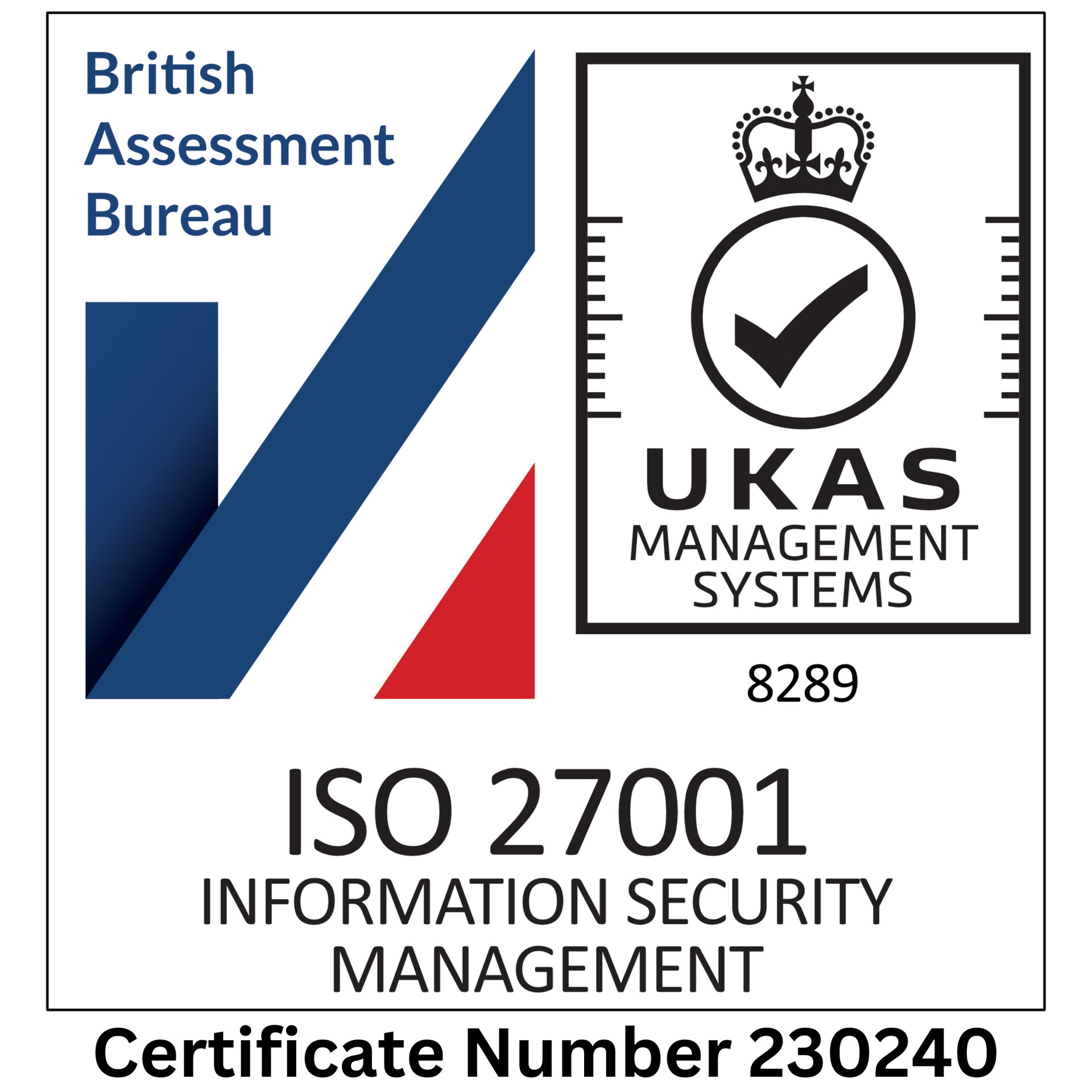Phone call recording software: 5 ways it proves its worth
Learn how call recording solutions can save you time and hassle. Discover cutting-edge features like AI-powered transcription and cloud storage.
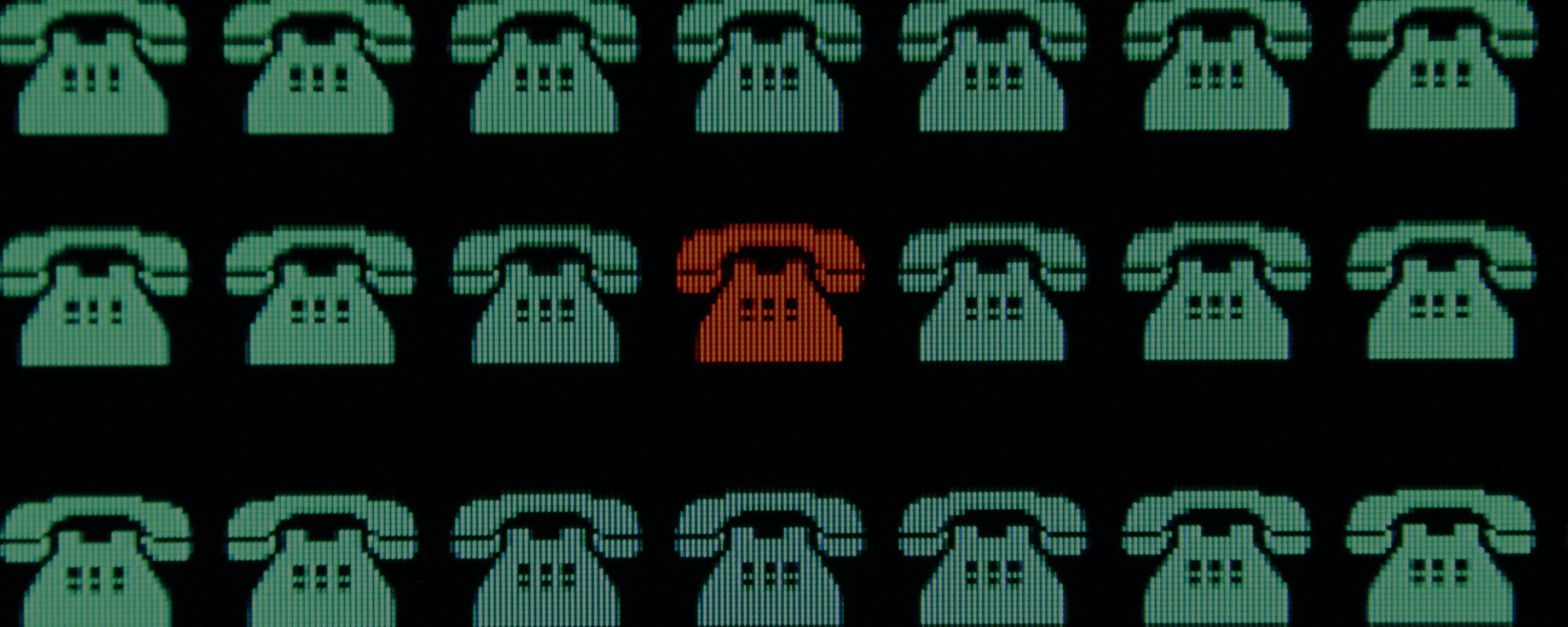
You don't have to be an international spy to dabble in recording phone calls.
Despite what Hollywood might tell you, it's business – not espionage – that benefits most from call recording technologies.
In fact, you may well already have a call recording system in place. At least if your business has (or is) a contact centre.
Perhaps you're looking to upgrade an old system and you're curious about the technologies available today. Or maybe you're thinking about launching a contact centre, so you're having to consider call recording systems for the first time.
In any case, we've got you covered. In this post, we'll share five solid benefits of modern call recording systems. And, as a bonus, we'll look at some of the technologies that can help you get those calls "on tape". (Lucky you).
1. Sometimes you have to
Let's get the most obvious benefit out of the way first. Depending on your industry, you may be legally obliged to record and store telephone calls.
For example, businesses in the UK financial sector are required to record any calls that relate to a financial transaction. These recordings must be stored securely for five years – and the system used to store the calls must be regularly tested to ensure it operates without failure.
Of course, for these organisations, a robust and reliable call recording solution is essential.
However, legislation will vary between industries, and especially between countries. So make sure you check what the rules are in your part of the world.
2. Improving your service
Perhaps a sales script just isn't getting the response you expected. Or maybe a particular agent is underperforming in certain areas.
A call recording system can help on both counts. After all, you can't expect to improve your service without having a record of what's being said.
Let's start with that sales script. By hearing the dialogue in action, you can identify problem areas and tweak them as necessary. With continual refinement, you might just find that you see more sales and happier customers.
Call recording can help with one-to-one training too.
Sometimes, in the heat of the moment (or, rather, the heat of a phone call), it can be difficult to pick up on our own mistakes. So when that underperforming agent hears their recorded conversations, it might be the wake-up call they need to identify their failings and take steps to rectify them.
At the very least, it's more effective than saying "you need to sell more, so sell more". Presenting them with clear evidence of their weaknesses (and, indeed, their strengths) means there's a concrete baseline from which to improve.
3. Resolving disputes
Disputes are, unfortunately, a fact of life. Though we all try our best to provide five-star service, there will always be someone with a complaint or disagreement to raise.
Without clear evidence, resolving disputes quickly becomes a game of "he said; she said". But if you record your calls, you'll have a bounty of evidence on file already.
It may take a little time to locate and screen the calls in question. However, once you've found the source of a disagreement, you can quickly determine whether the complaint is valid.
Granted, not all disagreements are so clear cut. But at least you'll have the evidence available to guide your decision making. Otherwise, it's just guesswork.
4. Ensuring compliance
As with legal obligations, what constitutes "compliance" will vary depending on your sector, service offering and location.
For instance, if you handle payment data you're obliged to comply with the PCI DSS regulations. Or you might have service level agreements (SLAs) in place with clients, and you'll face penalties if these agreements aren't met.
In any case, call recordings are essential if you're serious about ensuring compliance. With the audio saved, you can implement a random screening process to root out breaches and deliver accurate SLA reports.
If this sounds like a lot of work, well… it can be. But you can speed things up – you just need some cutting-edge tech…
5. Embracing automation
You might have noticed a pattern throughout these entries – while call recording is extremely useful, reviewing the calls can take a fair bit of time and energy.
But thanks to modern technology, all that effort can be a thing of the past.
Top-flight call recording solutions, such as Dubber, don't just record calls. Using clever artificial intelligence, they automatically transcribe them too.
This means conversations can be searched and assessed like any other text file. Say you're looking for the "magic bullet" in a dispute investigation. Simply search for the relevant phrase, and – bingo – you'll have your evidence in seconds.
Or why not go a step further, and let the software do the searching for you? Dubber, for instance, can be set up to automatically screen calls for suspicious words and phrases. This means compliance checks can be conducted on the fly without any human input.
The technology can only go so far, though. Like… wouldn't it be great if AI could understand customer emotions and present them as useful, usable data?
Oh, would you look at that? It can.
That's right. Our call centre software understands the meaning behind every conversation and assigns each call a sentiment score based on caller satisfaction. This means you can harness human emotion as a metric, and stop trying to second-guess customer sentiment based on things like talk time and dropped calls.
Cool, right?
How to implement call recording technology
The days of hefty recording hardware are long gone. Yes, call recording has gone well and truly digital.
Most solutions are software based. And many are delivered as cloud services, meaning the software is hosted off-site and accessed through the internet.
At worst, you'll need on-site storage to archive your recordings. But, chances are, your call recording solution will offer remote data storage too.
So, what are your options?
If you only need something simple, you might find that your VoIP phone system does the job already. Wildix, Cisco Webex and Microsoft Teams all have basic call recording functionality, to cite a few examples.
Want a more functional solution, but don't want to sacrifice simplicity? Choose a call centre management application with call recording built in. This way, you get a complete omnichannel communications suite, along with robust recording features. Our software, for instance, features automatic AI transcription and sentiment analysis.
For the most cutting-edge features, you'll need a piece of dedicated call recording software. If you go down this route, be sure to check that the software integrates well with your phone system, or it could prove more trouble than it's worth.
Interested? Confused? All of the above? Feel free to get in touch. We'll arrange a free, no-obligation meeting to discuss your options. (And we really do mean "discuss". We don't do hard sells.)
Want to stay in the loop? Sign up for our Knowledge Hub newsletter and get regular tech tips by email.
